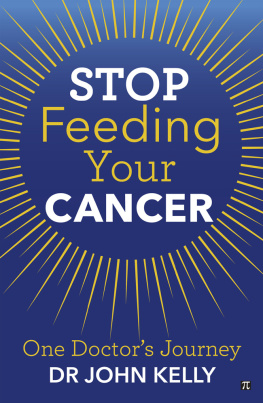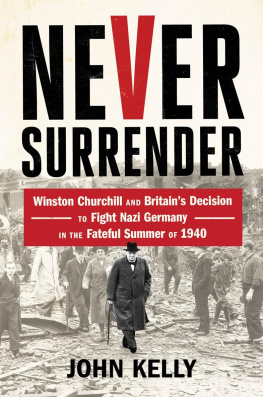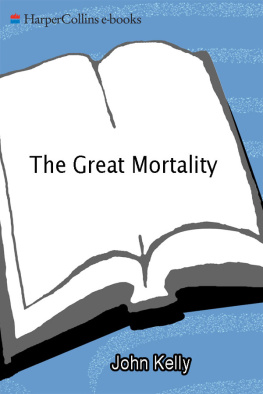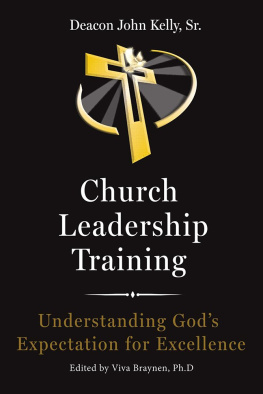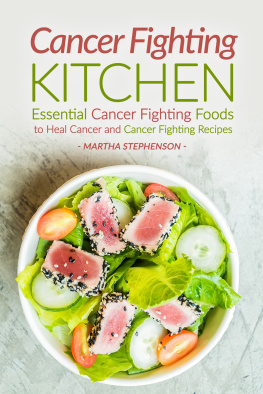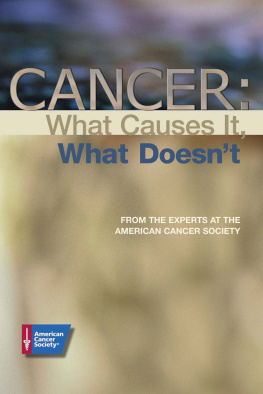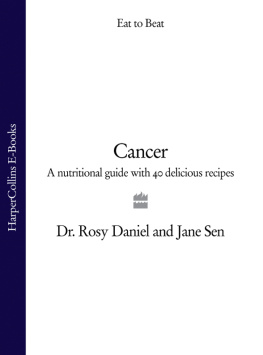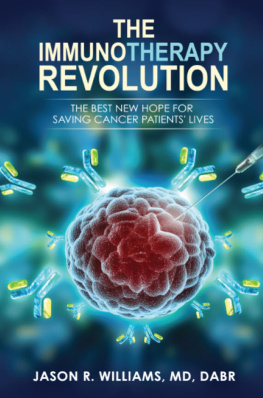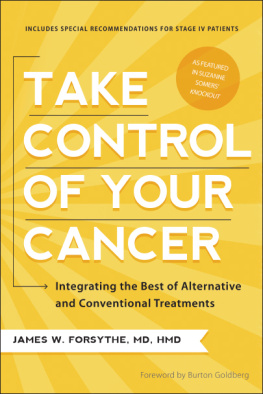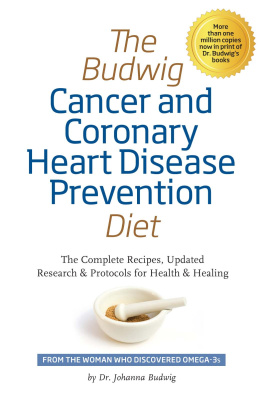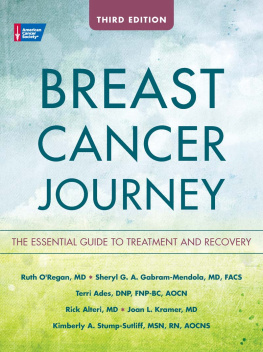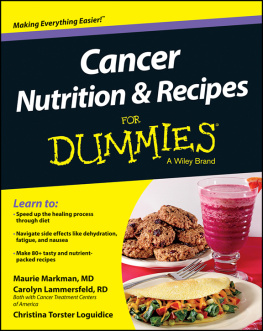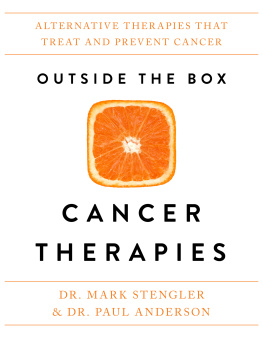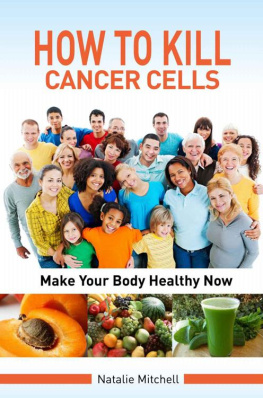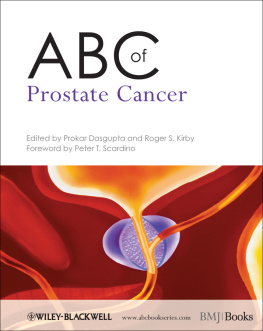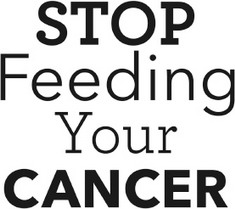

Published 2014 by Pentheum Press,
2 Lower Kennelsfort Road, Palmerstown Village, Dublin 20
Email:
Copyright 2014 Dr John Kelly
Paperback | 978-0-9927798-6-3 |
Ebook ePub format | 978-0-9927798-7-0 |
Ebook mobi format | 978-0-9927798-8-7 |
The right of Dr John Kelly to be identified as the author of this work has been asserted by him in accordance with the Copyright, Designs and Patents Act, 1988.
The author has made every reasonable effort to contact all copyright holders. Any errors that may have occurred are inadvertent and anyone who for any reason has not been contacted is invited to write to the publishers so that a full acknowledgement may be made in subsequent editions of this work.
All rights reserved. No part of this publication may be reproduced, stored in a retrieval system, or transmitted in any form or by any means, electronic, mechanical, photocopying, recording or otherwise, without the prior permission in writing of the publishers.
A CIP catalogue record for this book is available from the British Library.
Produced by Kazoo Services
Cover design by Red Rattle Design
Printed by CPI, England
Dedication
To my patients, friends all, who empowered this book.
And to the memory of my brother, with love and respect.
Two roads diverged in a wood, and I
I took the one less traveled by,
And that has made all the difference.
ROBERT FROST, THE ROAD NOT TAKEN
Contents

Preface

As you will see from page one, this book is autobiographical in that it relates one doctors experience of the challenge of cancer. In more than 40 years as a general practitioner I have encountered the illness in all its forms and in all its complexity on an almost daily basis, and I have learned much about patients responses, specialist treatments and situation outcomes. Cancer has visited my own family and, like so many others, I have personally dealt with the stress it brings to lives, and with the frequently helpless confusion. Patients first reactions on hearing their diagnoses are consistent. Alarm and distress are compounded by ignorance. The headlines about cancer are well known and circulated in the popular press: it is virulent, it is often indiscriminately fatal and treatments are complex and often brutal. Progress towards the cure is being made, of course. Progressively our deeper understanding of the scientific basis of life brings forward new variations of treatment, and these are occasionally unveiled at esteemed medical symposia or in the pages of peer-reviewed specialist journals like The Lancet or the British Medical Journal. But in my experience patients in crisis tend not to read limited-distribution specialist magazines, and if they did Im not sure they would find solace or indeed clarity in their pages. Currently, there are fortunes being spent on cancer research in hundreds of laboratories and institutions. Importantly, two long, intricate studies of the relationship between nutrition i.e. food intake and cancer have reached a kind of conclusion. One, the Harvard School of Public Health report, has indicated a troubling link between the consumption of red meat and dairy products and early death. The other, known as EPIC, the French-English joint venture European Prospective Investigation into Cancer and Nutrition, which gathered data from over half a million volunteers in ten countries over a decade, might best be described as a lifestyle study. Its results, although not yet fully collated, indicate fundamental contradictions to the Harvard report, prospectively going so far as to upend the long-held conviction that vegetarians live longer, healthier lives than frequent meat-eaters.
The poorly coordinated dissemination of these reports (which often use fundamentally different review techniques) and the contradictions and confusion they give rise to are more than unfortunate, I believe: they are divisive. They cloud the average persons understanding of progress in cancer treatment and recovery and deepen a sense of helplessness in the face of what society has come to see as the unshakeable public enemy No. 1. In the din of contradictory reports and the proliferation of knee-jerk alternative remedy responses, some key truths become buried. One such truth is the key to this book. Todays studies by Harvard and EPIC and the many charity-funded cancer organisations are unquestionably noble and well-intentioned. But it is regrettable that they are not more clearly aligned with a forensic study published a decade ago that established beyond any reasonable doubt the link between the consumption of animal protein and cancer growth. The work I am referring to is Professor T. Colin Campbells The China Study, which was published in 2005. Campbell is emeritus professor of nutrition at Cornell University and had been exploring the link between meat and cancer cell growth for more than twenty years, initially publishing his findings in peer-reviewed scientific journals that demand the kind of critical-thinking criteria essential to establishing a valid reappraisal of the status quo. Campbells careful experiments indicated one bald conclusion: that the favourite food of cancer cells happens to be animal protein; ergo, reduction or elimination of animal protein in the human diet stops cancer cell growth. When Campbell published The China Study, it was his intention to use the book as a vehicle to bring his findings to the attention of the general public, and especially to those actually suffering from cancer. One would have thought that the detailed research he carried out in preparation for his book would have been sufficient to persuade people to fundamentally readdress their food habits, or at least to have stimulated a more focused and unified international research accord by cancer specialists. The fact that neither happened, that no cultural changes in food marketing or consumption ensued and that no headline unified review efforts were made by the medical science community, was surprising. Indeed, given the implications in terms of health management in an economically stressed and ever-shrinking world, the failure of the medical profession to coordinate a response in a publicized effort to refute or confirm his findings is to my mind something of an embarrassment.
It is because Professor Campbell was not entirely successful in getting his message across that I began this book. I read and reread his thesis sceptically, open-heartedly, every which way and I found myself unable to ignore the importance of the science or the urgency of the message. I was not swayed by any personal prejudice or predisposition: I had no gripe with meat eaters, nor a committed faith in the promised benefits of strict vegetarianism. But facts are facts, and Campbells records stand up to any scrutiny. Compelled to engage with his findings, I considered my own modest straw-poll study. What, I wondered, would be the fate of my cancer patients if they followed Campbells study and rigorously adopted the animal-protein-free diet he advocated? Let me stress that as a medical practitioner committed to the well-being of all my patients I was not for a moment contemplating discouraging them from conventional cancer treatments or the wisdom of their specialists. I can claim no special expertise in cancer; but the key remedial findings in

